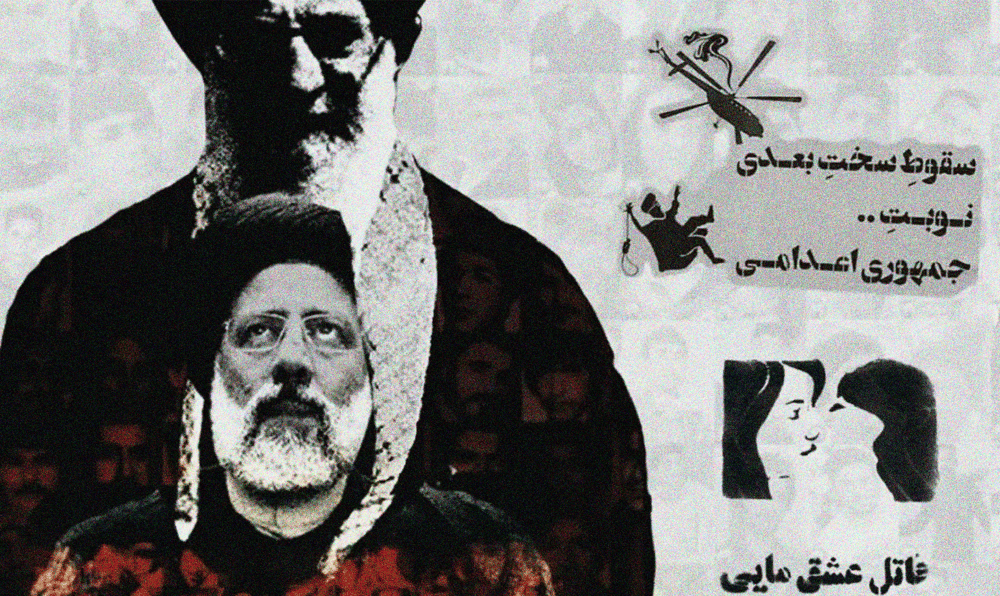Over 200 Islamic scholars and preachers in Canada and the United States have issued a public statement[1] on “sexual and gender ethics in Islam” which they argue are “at odds with certain recently popular societal views,” including and most notably those related to the rights of the LGBTQ+ communities. The ultimate source of morality for Muslim, they contend, is “Divine guidance, not just reason or societal trends.” Referring to different Chapters and Verses of the Quran they point to “particular principles” that are “unanimously agreed upon” and are “deemed immutable and not open to revision by any person or entity.” They affirm that by God’s decree, “sexual relations are permitted within the bounds of marriage, marriage can only occur between a man and a woman,” and stress that “God explicitly condemn sexual relations with the same sex,” and “prohibits premarital and extramarital sexual acts.” They also assert that Prophet Muhammad “explicitly condemned imitating the appearance of the opposite gender.”
There is nothing new in the assertions made in this public statement, neither this rigid position is unique to Islam. The essentialist interpretations of Judaism and Christianity share many of such perspectives on gender and sexuality, and they have been major sources of threat to secularism and democracy. The differences in all these religions are the hermeneutical approaches and interpretations. As religious scholars, the signatories of this public statement know very well that throughout history there have been different interpretations of any religion, ranging from the extreme dogmatic/literal readings of the holy texts to rational/allegorical interpretations. Furthermore, many religious scholars went far beyond just interpretations and moved towards rational fine-tuning of the religion to the requirements of social an intellectual progress. Many lost their lives as heretics, but religions nonetheless evolved and changed, which is why all religions, including Islam, have had contingent lives. Certainly an opposite trend, mainly the result of prevailing imperialist policies, have led to the re-emergence of religious fundamentalisms with disastrous outcomes for everyone.
It is quite surprising that the statement implicitly undermines “reason or societal trends,” and stress on the “unanimously agreed upon” principles. Interestingly, the statement acknowledges that “some religious groups have reinterpreted or revised religious doctrine to be inclusive of LGBTQ ideology” and concedes that some in the Muslim community “have attempted to reinterpret Islamic texts in favor of LGBTQ affirmation.” However, they firmly declare that “[W]e categorically reject such efforts as theologically indefensible because these aspects of sexual ethics fit within the category of immutable tenets and are therefore not subject to revision.”
These scholars are well aware that there are many other “immutable tenets” that accordingly are not subject to revision. For instance, would they issue similar public statements for Canada and the USA in relation to tenets like Qisas (Islamic retributive justice), women’s half person status in inheritance or as legal witness, or compulsory hijab, or Riba in banking system?
Aside from religious interpretations, there are some problematic understandings of the constitutional rights. The statement rightly asserts that “we recognize that our moral code conflicts with the goals of LGBTQ proponents. We also acknowledge their constitutional right to live in peace and free from abuse.” They add, “[n]evertheless, we emphasize our God-given and constitutional rights to hold, live by, and promote our religious beliefs in the best manner.” No doubt any democratic constitution recognizes rights to religious beliefs, however, when it comes to “promoting” a belief that contravenes the rights of a particular group of citizens, in this case the LGBTQ+ communities, including practicing Muslim LGBTQ+, it contradicts another important aspect of the democratic constitution. Worse still, the signatories of the statement, issue a serious warning of “detrimental spiritual consequences” for those Muslims who make “erroneous pronouncements on behalf of Islam” and “misinterpret the will of God, as in doing so they endanger their status as believers”.
Muslim communities in Canada, the USA and elsewhere as minority, have suffered the consequence of Islamophobia, in the same manner that Jews have suffered from antisemitism. The perpetrators of these and other hate crimes also have had similar claims of having the constitutional right to hold and “promote” their views. In modern democratic societies, any belief that contradicts the principles of universal human rights, is unacceptable, be it religious or ideological.
Gender and sexual freedom are human rights, both political and social. They are integral to the current realities of the international human rights paradigm. Humanity and societies have come a long way in recognizing and protecting the rights of individuals to choose their sexual partner and preference. This is an integral part of any democratic society, and no less important than the right to believe in and practice the religion of one’s choosing.
Written by:
-
Reza Afshari, Ph.D., Professor Emeritus of History and Human Rights, Pace University, USA.
-
Nadje Al-Ali, Ph.D., Professor of International Studies and Anthropology and Director, Centre for Middle East Studies, Brown University, USA.
-
Minoo Deraye, Ph.D., Associate Professor of Equity Studies, Faculty Association’s Equity Officer, York University, Canada.
-
Mansour Farhang, Ph.D., Professor Emeritus, Bennington College, USA.
-
Behrooz Moazzami, Ph.D., Distinguished Professor of History and Director of Middle East Peace Studies, Loyola University of New Orleans, USA.
-
Haideh Moghissi, Ph.D., Emerita Professor of Sociology and Women’s Studies, former Trudeau Fellow, York University, Canada.
-
Shahrzad Mojab, PH.D., Professor of Women and Gender Studies Institute, University of Toronto, Professor, Department of Leadership, Higher and Adult Education, Canada.
-
Uriel Quesada, Ph.D., Vice Provost for Institutional Research, Accreditation, and Academic Engagement, Loyola University New Orleans, USA.
-
Saeed Rahnema, PH.D., Professor of Political Science and Public Policy, rtd. and former Director of School of Public Policy and Administration, York University, Canada.
-
Kumru Toktamis, Ph.D., Associate Professor, Pratt Institute, Brooklyn, NY, USA.
[1] https://navigatingdifferences.com/clarifying-sexual-and-gender-ethics-in-islam/

امضا با تلگرام